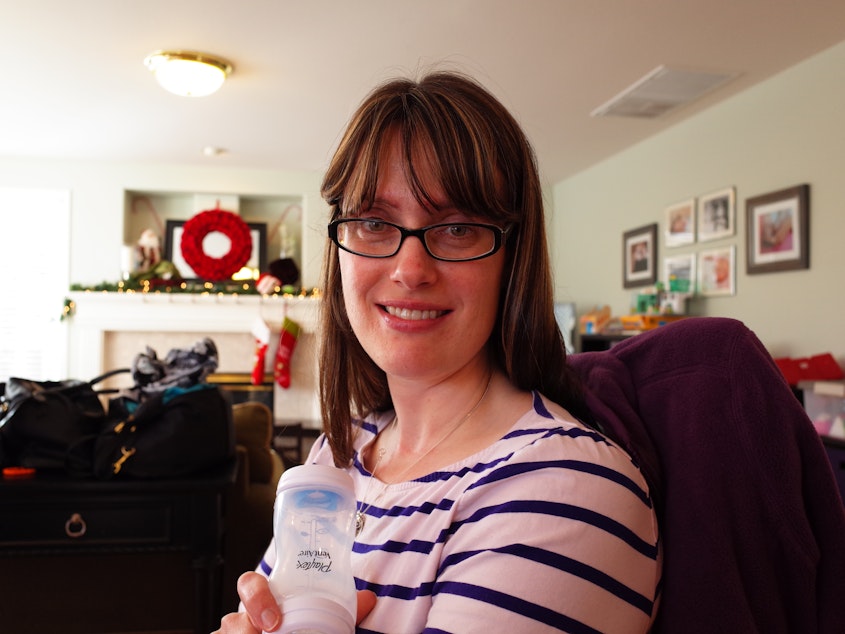Seattle nurses fight through long shifts and long commutes

The Seattle area is getting more expensive. People are finding new ways to adapt, like moving farther away for affordable housing.
But what happens when you still need to work in the city — say, at a hospital in Seattle’s core?
The Washington State Nurses Association surveyed its members at the University of Washington Medical Center and Children’s Hospital about their work/life crunch a month ago.
The anonymous answers from nurses reveal frustration over their income and the apparent cost of living.
Some nurses are expected to be available on-call. They are often required to live within an hour’s drive of the hospital.
Sponsored
Nurses in hospitals are among many workers who cannot work from home and whose incomes have not kept up with the rise in the cost of living in Seattle.
And there’s rising concern that more and more people who work near the center of the city are being pushed out farther than they would choose.
“That spatial mismatch between their work and where they live provides all kinds of stress,” said Marty Kooistra, executive director of the Seattle Housing Consortium.
“It’s hard on the environment, transit time and really I think takes away from the opportunities that families have to live and grow and thrive together when so much time is spent away from home.”
The Housing Consortium works to find affordable housing for people who make less than median income, because this problem gets worse as you look down the income scale.
Sponsored
But nurses are on their own because they make a middle class wage. They can only get the opportunity to move closer if costs change or their employers are willing to pay them more.
There is some hope for a pay raise. Hospitals in the region are growing — they too have noticed the strain of living and working in the city.
“We are staring in the face of a national crisis,” said Claudia Faust, head of recruiting at Swedish Medical Center. “We’re looking at another five to 10 years of really serious competition for talent.”
Seattle's in growth mode. Swedish is too. But a national nurse shortage is squeezing an already-tight competition between local hospitals for talent. Swedish has hired relocation specialists to find nurses places to live.
But it won’t be enough: Faust said it’s even been hard to keep people in lower-paid positions in the hospital because of low salaries and long commutes.
Sponsored
Faust said her job will be to “minimize the increases of the salaries that we are going to have to pay to get people to come and do the work that we need to do.”
Carolyn Adolph can be reached at cadolph@kuow.org.
